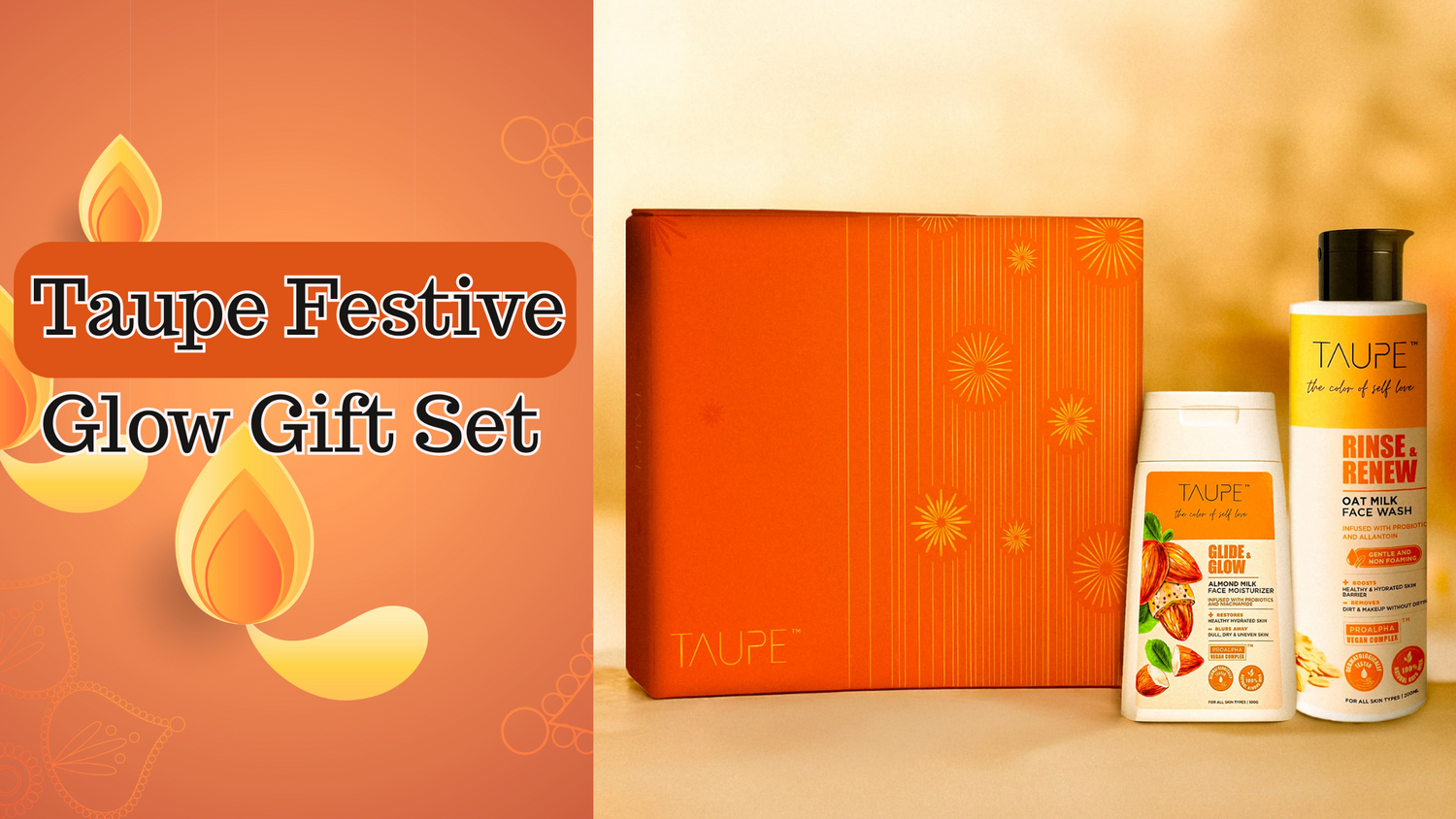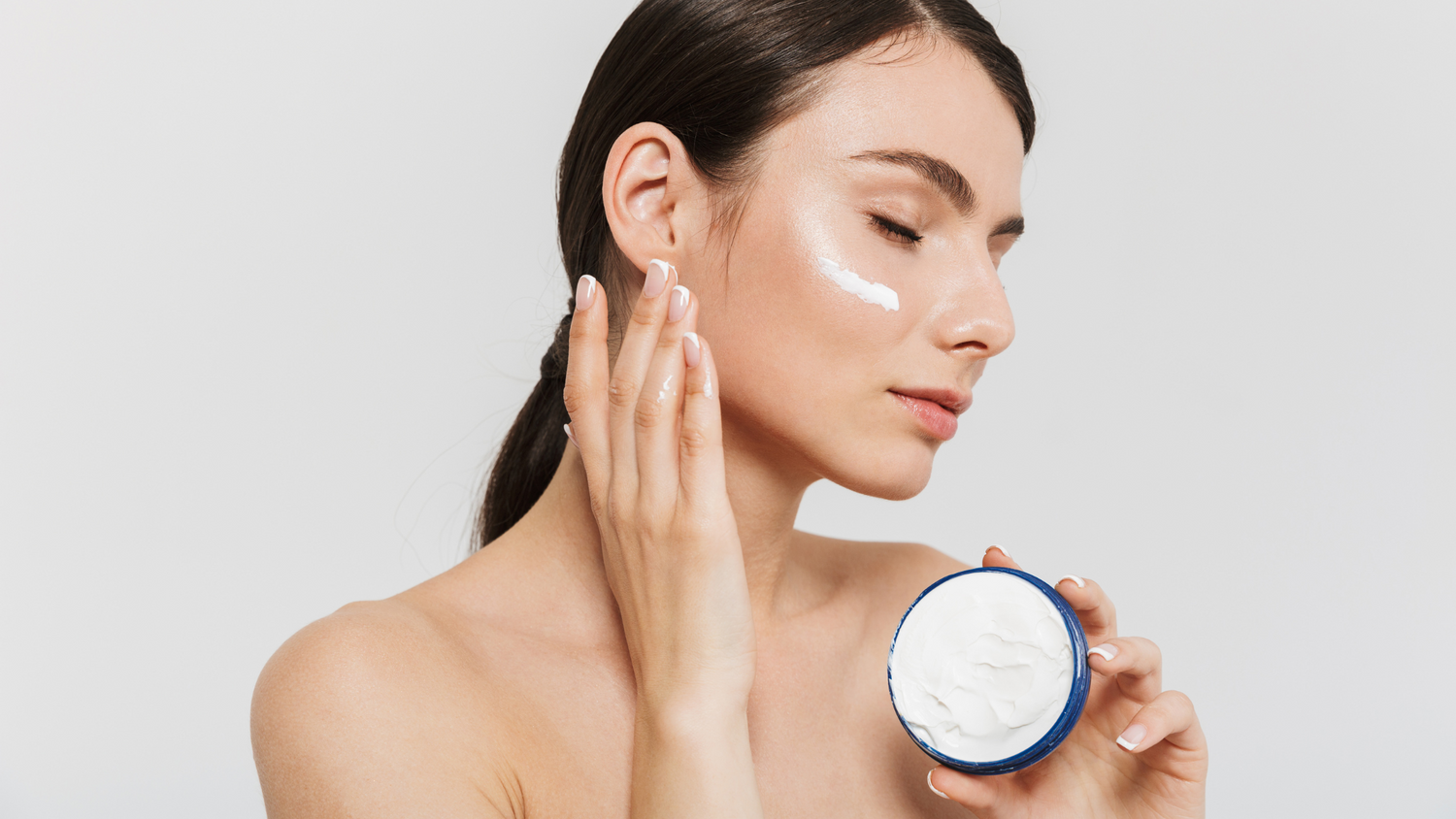If your skin often feels itchy, red, or uncomfortable after using basic products, your skin barrier might be the reason. It’s the outermost layer of your skin that keeps moisture in and irritants out. When this layer is damaged, your skin becomes more sensitive, reactive, and hard to manage. That’s why focusing on your skin barrier is the first step to calming sensitive skin.
If you've been struggling with sensitivity, understanding your skin barrier is the first step to calming things down. Here's why it's so important and how to care for it the right way.
What exactly is your skin barrier
Your skin barrier is the outermost layer of your skin. Think of it as a strong yet delicate shield that protects your skin from the outside world like pollution, dust, UV rays, and harsh ingredients. At the same time, it locks in moisture and keeps your skin soft, smooth, and healthy.
When this barrier is healthy, your skin feels balanced and calm. But when it’s damaged, your skin becomes vulnerable. That’s when sensitivity kicks in showing up as irritation, redness, burning, or dry patches.
Why a weak barrier leads to sensitivity
Sensitive skin often begins with a weakened skin barrier. Once this protective layer breaks down, it becomes easier for irritants to enter and moisture to escape. This makes your skin more reactive to even the mildest product or environment.
Here’s what can trigger a damaged barrier
-
Using strong or drying products too often
-
Over-exfoliating or mixing too many actives
-
Sudden climate changes or long exposure to sun
-
Lack of hydration or skipping moisturizer
-
Harsh face washes or strong makeup removers
Even habits like rubbing your face with a towel or taking hot showers every day can slowly wear your barrier down.
How to know if your barrier is damaged
Your skin might be trying to tell you it needs help. If you notice any of these signs regularly, your barrier may be compromised
-
Persistent dryness or tightness, even after moisturizing
-
Redness that doesn’t go away easily
-
Skin that stings when applying products
-
Frequent flaking or small bumps
-
Increased breakouts or inflammation
These symptoms are not just random, they’re a signal that your barrier is asking for a reset.
How to protect and repair your skin barrier
The good news? Your skin has a natural ability to heal, especially when given the right support. With the right routine, you can rebuild your barrier and reduce sensitivity over time.
1. Go back to basics
Simplify your routine. Avoid trying too many products at once. Instead, focus on gentle, essential steps: cleanse, moisturize, and protect. This gives your skin a chance to breathe and heal.
2. Use a gentle, hydrating cleanser
Harsh cleansers strip away your skin’s natural oils, which weakens the barrier further. Choose a mild, pH-balanced face wash that cleans without drying out your skin.
3. Pick barrier-repairing moisturizers
Look for moisturizers that focus on hydration and barrier support. Ingredients like ceramides, oat milk, or prebiotics (without naming them directly) are excellent choices for locking in moisture and soothing irritation.
4. Don’t skip sunscreen
Even for sensitive skin, daily sun protection is non-negotiable. A good sunscreen shields your skin from UV damage, one of the biggest contributors to barrier breakdown. Go for gentle, non-fragranced formulas designed for reactive skin.
5. Stop over-exfoliating
Exfoliation helps remove dead skin cells, but too much of it can harm your barrier. If your skin feels sore, red, or tight after exfoliating, it’s time to cut back. Once a week is enough for sensitive skin and always choose mild exfoliants.
What role does the microbiome play
Your skin barrier doesn’t work alone. Sitting on top of it is your skin’s microbiome, a layer of good bacteria that keeps things in balance. When the microbiome is disturbed, it weakens your barrier too.
Using microbiome-friendly products helps preserve this protective layer. They keep your skin’s natural ecosystem healthy, which means less irritation, fewer flare-ups, and a more comfortable complexion.
Conclusion
If you have sensitive skin, taking care of your barrier should be your number one priority. A strong barrier means your skin can handle changes better whether it’s a new product or a shift in weather. It also means fewer reactions, less redness, and a smoother, calmer face overall. The secret? Keep things simple, gentle, and focused on barrier health.
Discover our microbiome-friendly essentials thoughtfully curated for sensitive skin.




